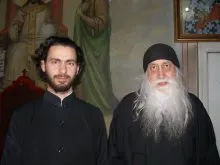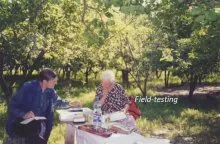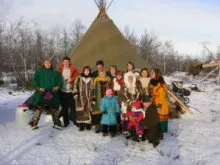newsletter-1214
Winter 2014-2015 Newsletter on the Yakut project

newsletter-0914
Autumn 2014 Newsletter on the Lak project

newsletter-0614
Summer 2014 Newsletter on the Gagauz project

newsletter-0314
Spring 2014 Newsletter on the Kabardian and Adyghe projects

newsletter-0313
February 2013 Newsletter on the Yakut project

newsletter-1112
November 2012 Newsletter on the Kalmyk project

newsletter-0912
September 2012 Newsletter on the Dolgan project

newsletter-0612
June 2012 Newslatter on the Crimean Tatar project

newsletter-0412
April 2012 Newsletter on the Tatar project

newsletter-0112
January 2012 Newsletter on the Nenets project

